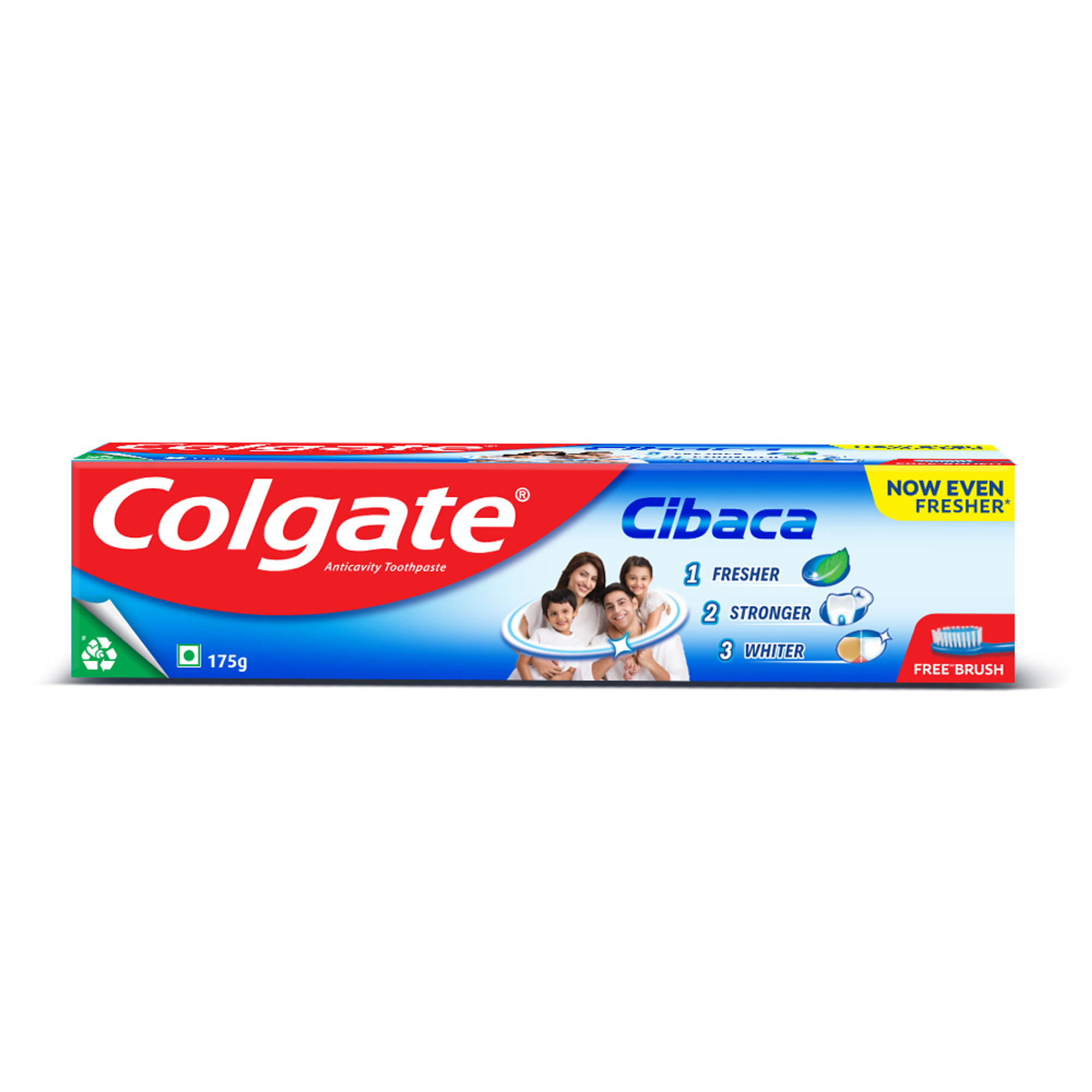Save teeth and bones
A dentist will help protect your mouth, teeth, and jaw bones from damage caused by radiation and chemotherapy. Children also need special protection for their growing teeth and facial bones.
Fight cancer
Doctors may have to delay or stop your cancer treatment because of problems in your mouth. To fight cancer best, your cancer care team should include a dentist.
Protect Your Mouth During Cancer Treatment
Brush gently, brush often
- Brush your teeth — and your tongue — gently with an extra-soft toothbrush.
- If your mouth is very sore, soften the bristles in warm water.
- Brush after every meal and at bedtime.
Floss once a day to remove plaque.
- Floss once a day to remove plaque.
- If your gums bleed and hurt, avoid the areas that are bleeding or sore, but keep flossing your other teeth.
Keep your mouth moist
- Rinse often with water.
- Don't use mouthwashes with alcohol in them.
- Use a saliva substitute to help moisten your mouth.
Eat and drink with care
- Choose soft, easy-to-chew foods.
- Protect your mouth from spicy, sour, or crunchy foods.
- Choose lukewarm foods and drinks instead of hot or icy-cold.
- Avoid alcoholic drinks.
Keep trying (Quit Using Tobacco)
- Ask your cancer care team to help you stop smoking or chewing tobacco.
- People who quit smoking or chewing tobacco have fewer mouth problems.
When Should You Call Your Cancer Care Team About Mouth Problems?
Take a moment each day to check how your mouth looks and feels. Call your cancer care team when:
- You first notice a mouth problem on this list
- An old problem gets worse
- You notice any changes you're not sure about
Tips for Mouth Problems
- Sore mouth, Sore throat
To help keep your mouth clean, rinse often with ¼ teaspoon of baking soda and 1/8 teaspoon of salt in 1 cup of warm water. Follow with a plain water rinse. Ask your cancer care team about medicines that can help with the pain. - Dry mouth
Rinse your mouth often with water, use sugar-free gum or candy, and talk to your dentist about saliva substitutes. - Infections
Call your cancer care team right away if you see a sore, swelling, bleeding, or a sticky, white film in your mouth. - Eating problems
Your cancer care team can help by giving you medicines to numb the pain from mouth sores and showing you how to choose foods that are easy to swallow. - Bleeding
If your gums bleed or hurt, avoid flossing the areas that are bleeding or sore, but keep flossing other teeth. Soften the bristles of your toothbrush in warm water. - Stiffness in chewing muscles
Three times a day, open and close your mouth as far as you can without pain. Repeat 20 times. - Vomiting
Rinse your mouth after vomiting with 1/4 teaspoon of baking soda in 1 cup of warm water. - Cavities
Brush your teeth after meals and before bedtime. Your dentist might have you put fluoride on your teeth to help prevent cavities. Oral Health, Cancer Care, and You is an awareness campaign sponsored by the National Institute of Dental and Craniofacial Research (NIDCR) through its National Oral Health Information Clearinghouse (NOHIC). This campaign is being conducted in partnership with the National Cancer Institute, the National Institute of Nursing Research, the Centers for Disease Control and Prevention, and the Friends of the NIDCR.
National Oral Health
Information Clearinghouse
Attn: OCCT
1 NOHIC Way
Bethesda, MD 20892-3500
Fax: 301-907-8830
E-mail: nohic@nidcr.nih.gov
 |
 |
 |  |
 |
 | |
 |
Copyright © 2002, 2003 Colgate-Palmolive Company. All rights reserved.
This article is intended to promote understanding of and knowledge about general oral health topics. It is not intended to be a substitute for professional advice, diagnosis or treatment. Always seek the advice of your dentist or other qualified healthcare provider with any questions you may have regarding a medical condition or treatment.
ORAL HEALTH QUIZ
What's behind your smile?
Take our Oral Health assessment to get the most from your oral care routine
ORAL HEALTH QUIZ
What's behind your smile?
Take our Oral Health assessment to get the most from your oral care routine













